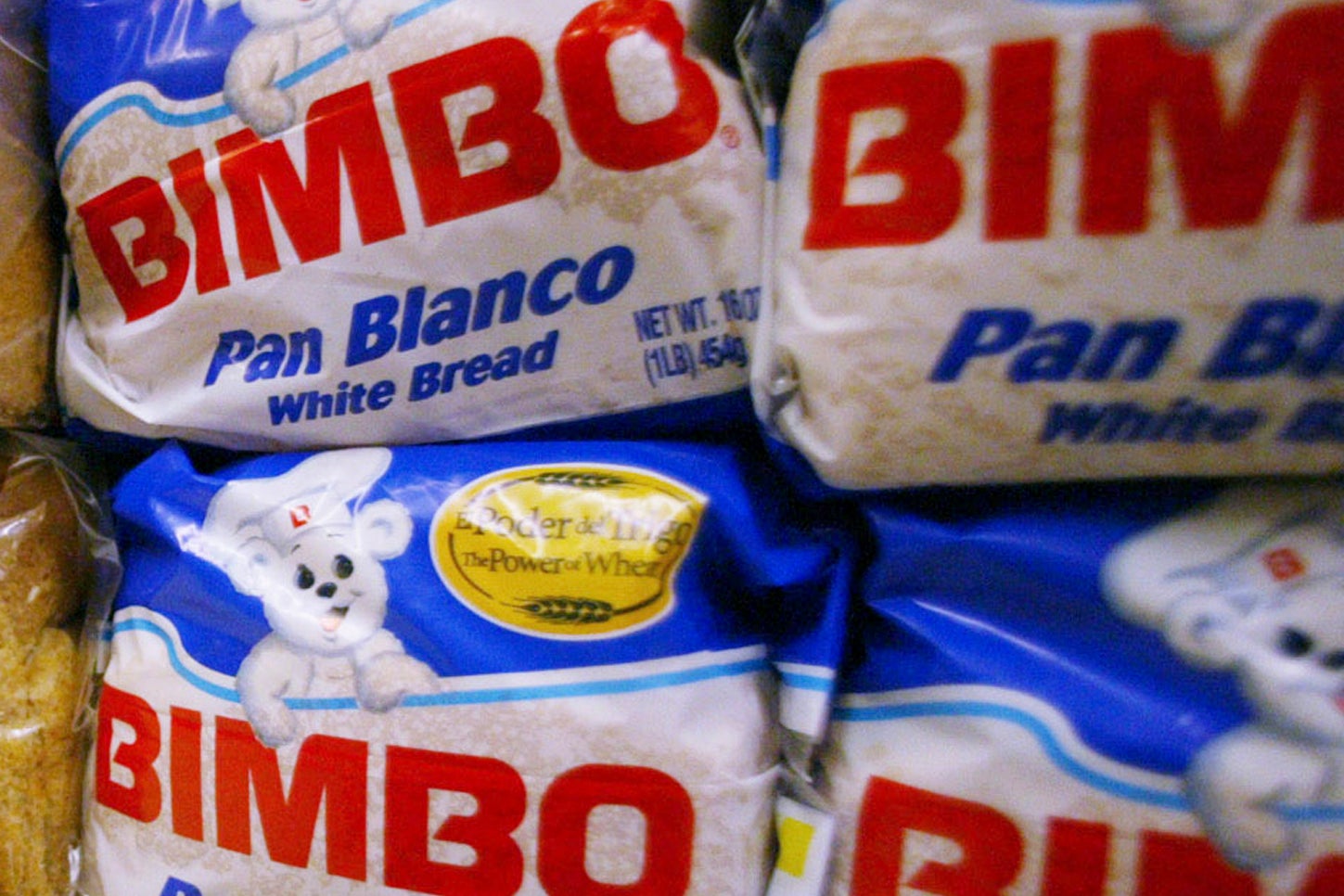Bakery that makes Sarah Lee and Entenmann's breads pushes back on FDA sesame warning
A top U.S. commercial bakery is pushing back on a Food and Drug Administration warning to stop using labels that say its products contain sesame — even when they don't

Your support helps us to tell the story
From reproductive rights to climate change to Big Tech, The Independent is on the ground when the story is developing. Whether it's investigating the financials of Elon Musk's pro-Trump PAC or producing our latest documentary, 'The A Word', which shines a light on the American women fighting for reproductive rights, we know how important it is to parse out the facts from the messaging.
At such a critical moment in US history, we need reporters on the ground. Your donation allows us to keep sending journalists to speak to both sides of the story.
The Independent is trusted by Americans across the entire political spectrum. And unlike many other quality news outlets, we choose not to lock Americans out of our reporting and analysis with paywalls. We believe quality journalism should be available to everyone, paid for by those who can afford it.
Your support makes all the difference.A top U.S. commercial bakery is pushing back on a Food and Drug Administration warning to stop using labels that say its products contain sesame — a potentially dangerous allergen — when they don't.
Bimbo Bakeries USA, which includes brands such as Sarah Lee, Entenmann's and Ball Park buns and rolls, appears to be defying an FDA warning sent in June that said the several of the company's products are “misbranded” because the labels list sesame or tree nuts even though those ingredients aren't in the foods.
In a response to the FDA, Bimbo officials said they wouldn't change their sesame labeling. The company said it creates “nationally uniform labels" that prevent people from inadvertently eating foods that can trigger potentially life-threatening reactions. The firm said it was not attempting to avoid legal requirements to avoid cross-contamination in plants.
“We think our approach is the most protective of sesame-allergic consumers,” the company wrote in a July 1 letter obtained by the advocacy group Center for Science in the Public Interest and shared with The Associated Press.
Bimbo officials confirmed their position in an email to the AP on Wednesday, calling it a “conservative approach” for consistent labeling of nationally distributed products.
FDA officials did not immediately comment on the company's response. By law, the agency can take actions ranging from recalls to civil fines and criminal charges against firms that fail to heed warning letters.
But CSPI and other food safety advocates said the standoff continues a practice that misleads the estimated 33 million Americans with food allergies and results in limited choices for the more than 1.6 million who are allergic to sesame.
"We depend on accurate food labeling to feel safe," said Sung Poblete, chief executive of the nonprofit group FARE, Food Allergy Research & Education. “We depend on accurate labeling to make the food choices that we make.”
The impasse follows a 2023 federal law that requires that all foods made and sold in the U.S. to be labeled if they contain sesame.
Bimbo Bakeries, which bills itself as the nation's largest commercial baking company, was among several food producers and restaurant chains that began adding small amounts of sesame to foods that didn't have it previously — and then listing it as an ingredient.
Several companies said they did that because it was too difficult and expensive to keep sesame used in one part of a baking plant out of another and they wanted to avoid liability and cost. The FDA has said that such actions are legal, although they violate the spirit of the law.
In its response to the FDA, Bimbo said it has plants where some products are made with sesame and some are not. But when it came to labeling, the company said that the most “protective approach" for consumers was to declare sesame as an ingredient and use the same packaging for all of the products.
However, Bimbo officials told the agency they did change labels for certain breads that said they included tree nuts when they did not. The new labels now say the breads include hazelnut, the only nut used in the products, the company indicated.
CSPI had petitioned FDA in 2023 to halt the practice of adding sesame to foods to prevent risks of cross-contamination. It's not clear what action the agency will take over Bimbo's refusal to heed a warning letter, said Sarah Sorscher, CSPI's director of regulatory affairs.
“It's so unusual to see a big company like Bimbo calling the FDA's bluff,” she added.
___
The Associated Press Health and Science Department receives support from the Howard Hughes Medical Institute’s Science and Educational Media Group. The AP is solely responsible for all content.